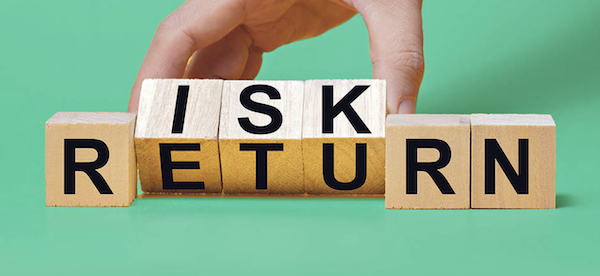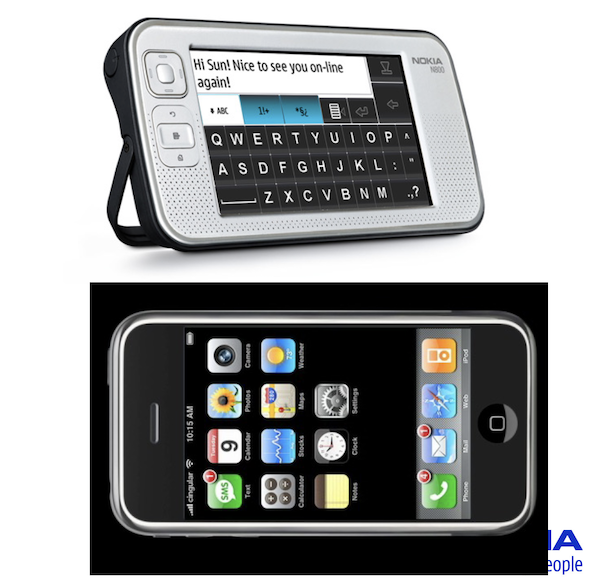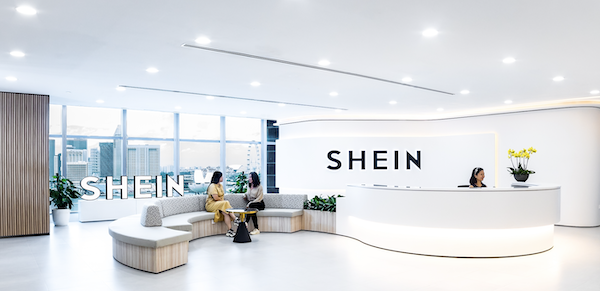Market scorecard
US markets were closed for Presidents' Day yesterday, so there wasn't much going on. Defence shares rallied across Europe after leaders met in Paris to discuss beefing up support for Ukraine. UK PM Keir Starmer signalled a willingness to send peacekeeping troops to that country, while Germany hinted at a similar commitment.
In company news, TSMC is considering taking a controlling stake in Intel's factories at the request of Trump officials. The move aims to boost US manufacturing and tech leadership. Elsewhere, Moderna posted a quarterly loss as vaccine sales declined, and it took a hit from an unexpected charge on a cancelled manufacturing contract.
In short, the JSE All-share was down 0.36%. That's all.
Our 10c worth
One thing, from Paul

In the short run, nothing much changes. From day to day, we get up, do our thing, and make the best of our lives with the technologies at our disposal.
In my case, that's my Nike Alphafly running shoes, my electric Mercedes motor car, my Apple MacBook and my iPhone. I suppose that I shouldn't omit my king-sized mattress, refrigerator and stove, those are very important too.
Bill Gates said, "Most people overestimate what they can achieve in a year and underestimate what they can achieve in ten years".
Over even longer time frames the changes are astounding. Here's an example. In 1819 Stamford Raffles founded Singapore as a British trading port. At that time, it was a squalid swamp. Now, 200 years later it's an amazing city packed with skyscrapers, has one of the busiest ports in Asia, is a global air travel hub, is fully airconditioned, and its citizens have a GDP per capita that is amongst the highest in the world.
It's always best to live in the moment, but keep a long-term perspective.
Byron's beats

The combined market capitalisation of all the shares listed on the JSE is around $1.2 trillion. Microsoft has a market cap of $3 trillion, operates in over 200 countries, has annual revenues of $211 billion and sits on around $100 billion in cash and cash equivalents.
Why am I telling you this? Because our clients often get advised by outsiders that a Vestact portfolio is risky because it is too focused, which is complete rubbish. I would argue that a portfolio that consisted only of Microsoft shares is less risky than a fully diversified portfolio of JSE stocks. Just that one company is bigger, has better financial fundamentals and is more diversified geographically. Plus, they service every industry on the planet.
Not only is a Vestact portfolio risk appropriate, but is far more liquid and transparent than any crappy fund-of-funds your financial advisor might be pitching. With us you know exactly what you own and you can get your money back in 1 working day. We regularly see how long it takes for clients to extract money from their investments with big-name South African financial service providers. It's painful and slow going.
Michael's musings

Nokia used to be the king of cellphones, from the bulletproof Nokia 3310 to the more hi-tech N-series. If you are over 30, you probably had at least one Nokia phone in your life. Fast forward to today and they only sell feature phones. You can buy a 3310 on Takealot for R1 400.
Here is an interesting set of slides from Nokia executives in 2007, created shortly after Steve Jobs unveiled the iPhone to the world - anti-Apple iPhone presentation.
There are probably two key reasons why Nokia failed. They didn't adapt fast enough to touchscreen smartphones, and their operating system was very clunky and didn't allow for third-party app developers. Nokia had to reprogram the operating system for every phone model they released, which was a lot. Crazy!
Going over the presentation, Nokia execs mentioned a few times the need to develop their own touchscreen technology, so the company was aware of their weakness. Then, in one section they seem to mock Apple for only having one iPhone, instead of the 57 different models Nokia had.
Nokia was very good at hardware, but completely missed the industry's move to being software centric. A common problem for successful companies is the inability to change how they do things when industry needs shift.
Bright's banter

Shein is under pressure to lower its valuation to around $30 billion ahead of its planned London IPO. Shareholders believe a price cut could help push the listing through.
Due to mounting challenges, the fast-fashion giant had already been expected to reduce its valuation to about $50 billion, down from its $66 billion fundraising value in 2023. Now, the latest reports suggest an even deeper cut.
Shein's UK listing, initially targeted for the first half of 2025, may now be delayed to later in the year, following regulatory hurdles and changes to US trade rules under Trump.
Linkfest, lap it up
Spinal stimulation restores muscles. Spinal muscular atrophy is a rare genetic disorder that leads to progressive muscle weakness and loss - Increasing muscle strength in SMA patients.
New cars come with big screens and internet connectivity. That also makes them perfect for personalised ads - Jeep drivers are bombarded with ads.
Signing off
Asian markets are in the green this morning with Chinese and Hong Kong stocks rallying as investors bet on a business-friendly push following President Xi's meeting with corporate leaders. The MSCI Asia-Pacific index climbed, while Australian shares slid further after their central bank cut rates.
In local company news, Afrimat's earnings are set to decline, hit by cement losses and weak anthracite sales. This plucky mid-cap company has a good pedigree.
US equity futures are in the green pre-market, after a long-weekend off. The Rand is trading at around R18.36 to the greenback.
It's back to work, let's go.